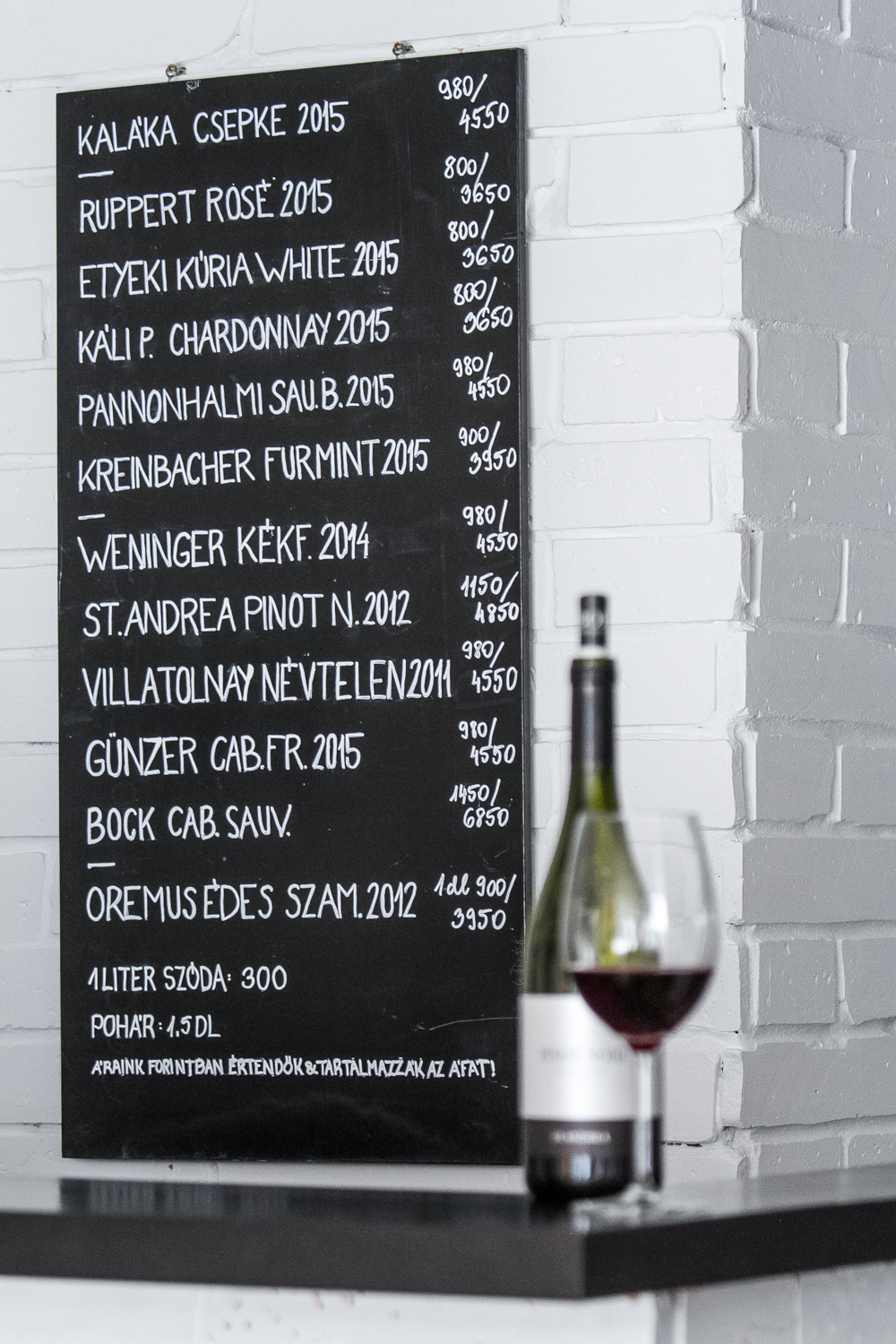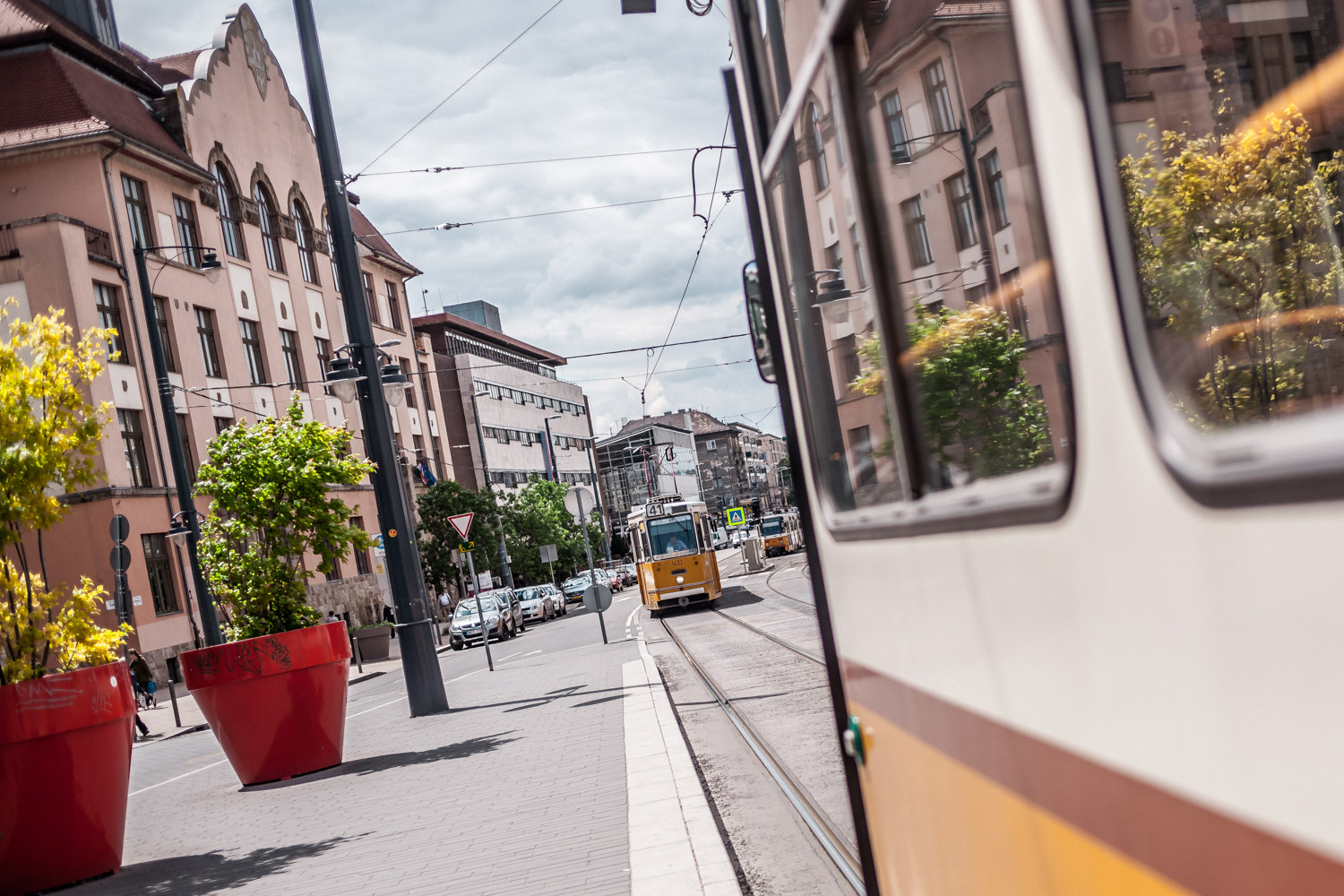The Hungarian currency is the forint, usually abbreviated to HUF or Ft. After recent fluctuations, €1 is now worth around 400 forints, compared with 350 a year ago – so Budapest remains pretty affordable, even with inflation. The prices and conversion rates we quote below are up-to-date as of August 2022 but the global economy is expected to be extremely volatile for many months to come.
Cash or card?
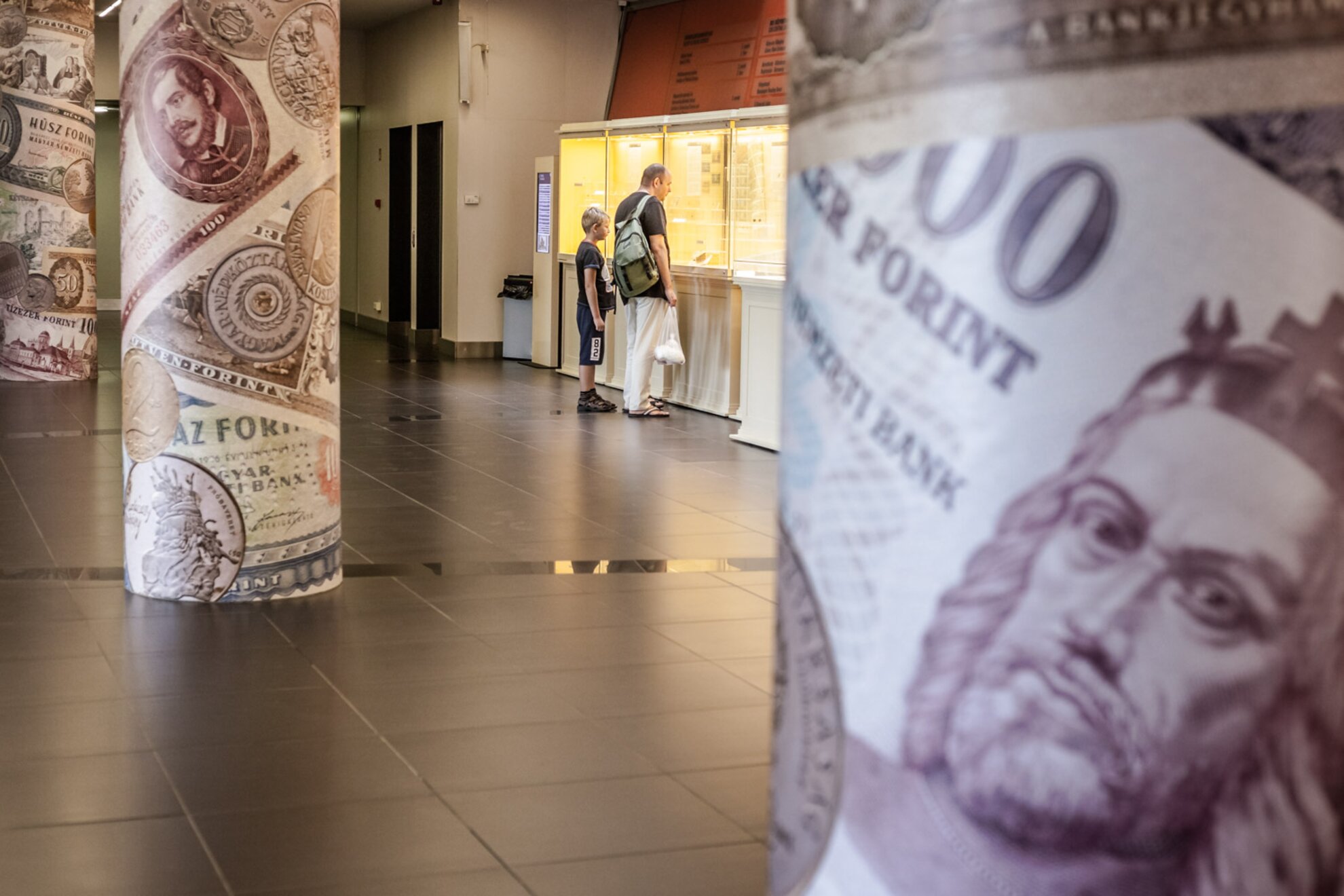
Cash is always helpful, but many bars, restaurants, shops, supermarkets and taxi drivers in Budapest accept card payments and have POS machines.
Only larger hotels and some higher-class restaurants accept euros. Forint notes come in denominations of 20,000 (around €50), 10,000/€25, 5,000/€12.50, 2,000/€5, 1,000/€2.50 and 500/€1.25. Coins come in denominations of 200/€0.50, 100/€0.25, 50/€0.125, 20/€0.05, 10/€0.025 and 5/€0.0125.
If the price of your goods in a supermarket ends in a number between 1 and 5, the cashier will round it up or down – HUF 522 will be HUF 520, HUF 528 will be HUF 530, and so on. If you’re paying cash in forints, some businesses won’t have change for larger notes. ‘Nincs kisebb?’ will be a familiar phrase, ‘Don’t have anything smaller?’ It’s always handy to have smaller notes on you.
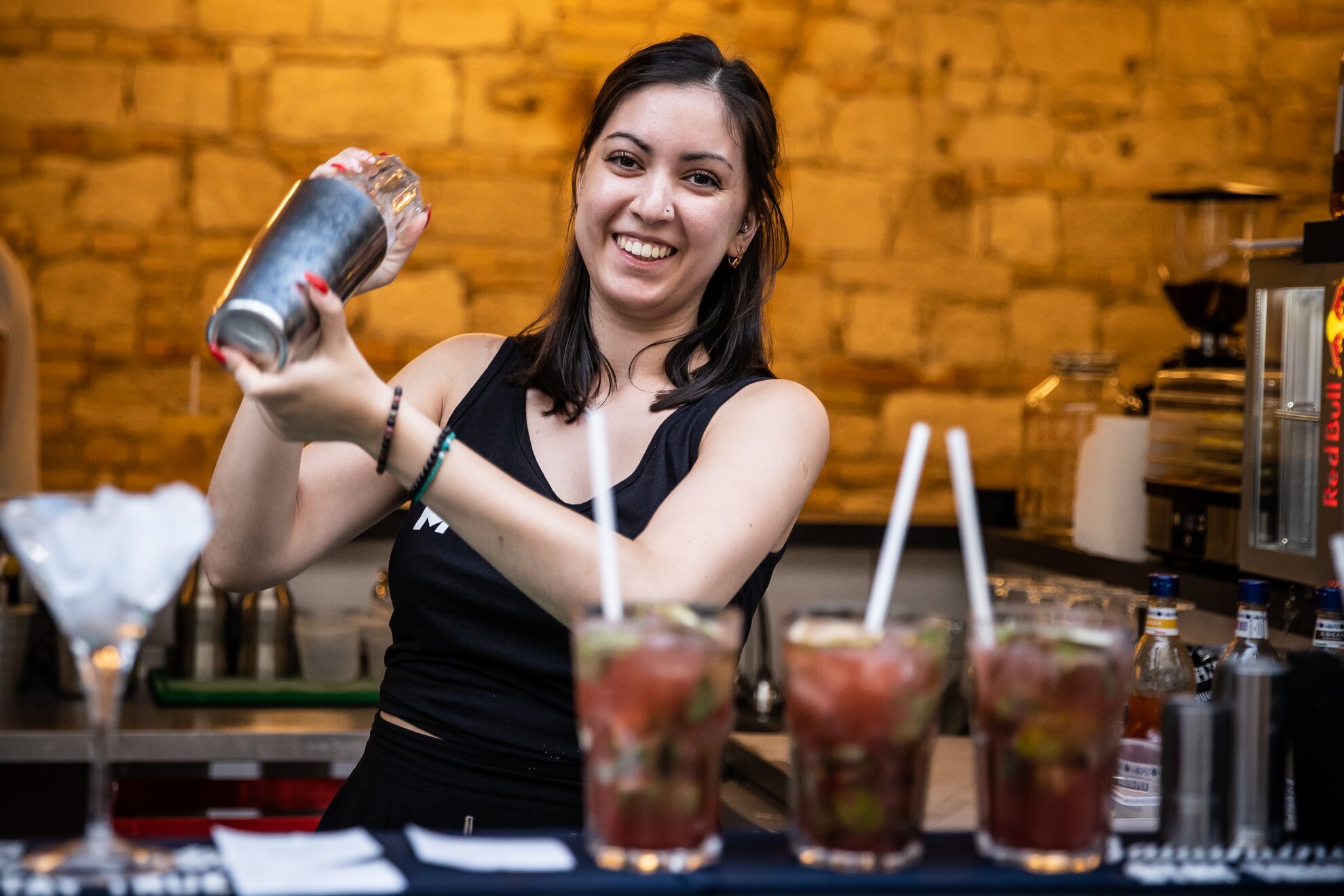
For many transactions, tipping is the norm, and not just in
restaurants. In bars and cafés, tipping is the done thing, although these days
more and more places add 10-13% to your bill anyway. This will be detailed on
your receipt.
To tip, round up the amount and say how much you’re giving to the
server. So, if a round of drinks comes to 2,750 forints, say ‘3,000 forints’ as
you hand over your money. It’s not obligatory but waiting for a few coins from
your barman or waiter is looked down on.
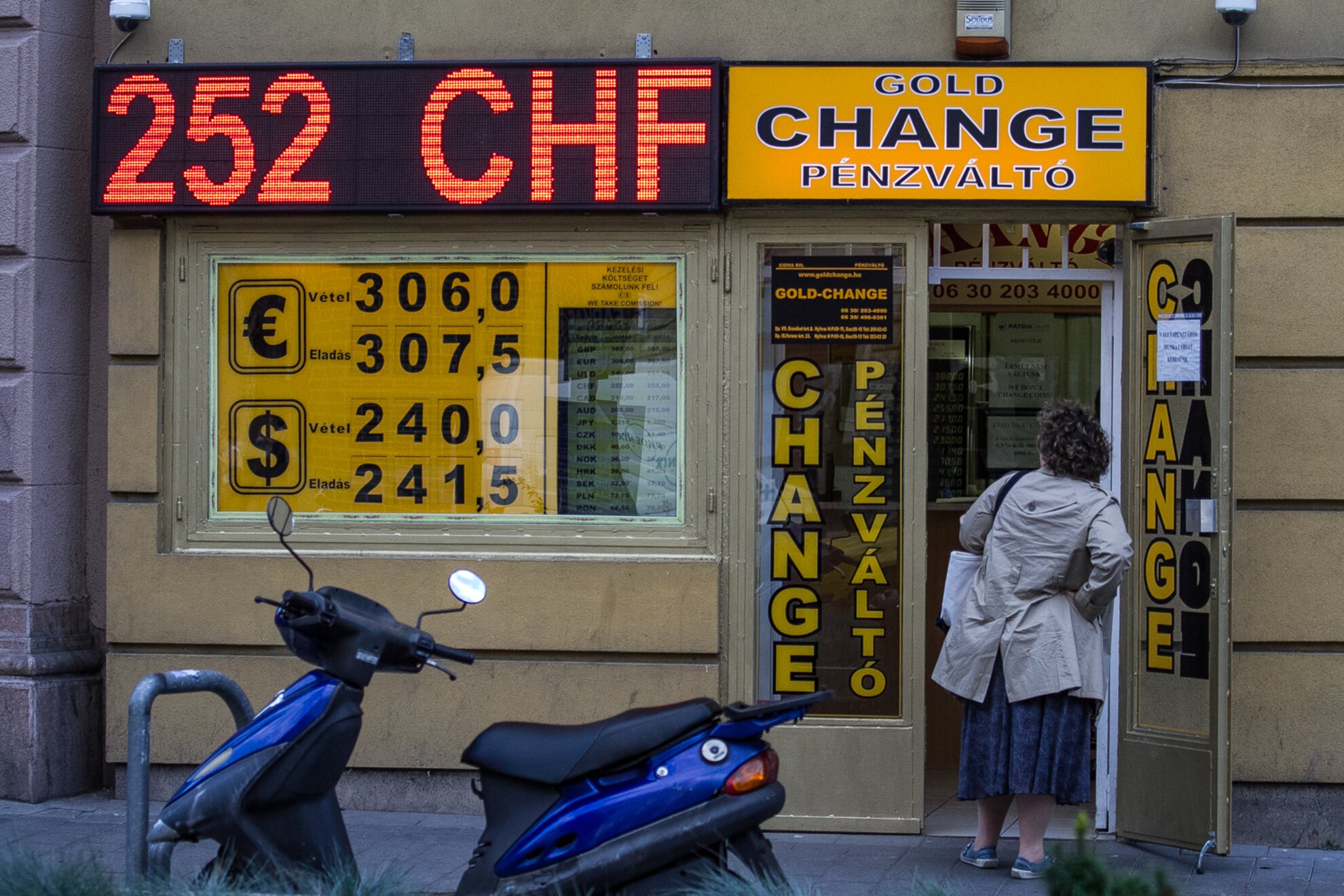
Exchange offices are found all over town. Some have commission rates below 1% but always check the exchange rates first. Normally there should be no more than 2.5% difference between the buying and selling rate of forint to euro. Rates at the airport are high, so try and avoid exchanging immediately if you can.
Similarly, ATM machines are everywhere in Budapest. Those belonging to the main Hungarian banks should exchange for regular rates – you’ll be given a choice between the one they offer and your own bank at home. If you can avoid it, do not withdraw money from exchange machines, as they take a high commission with every transaction.
Paying by Revolut
When it comes to exchanging money and paying by card without having to incur high fees, Eramus Life partner Revolut is a banking app that also operates as a debit card. You can download the app on your phone for Android and iPhone.
Costs & prices
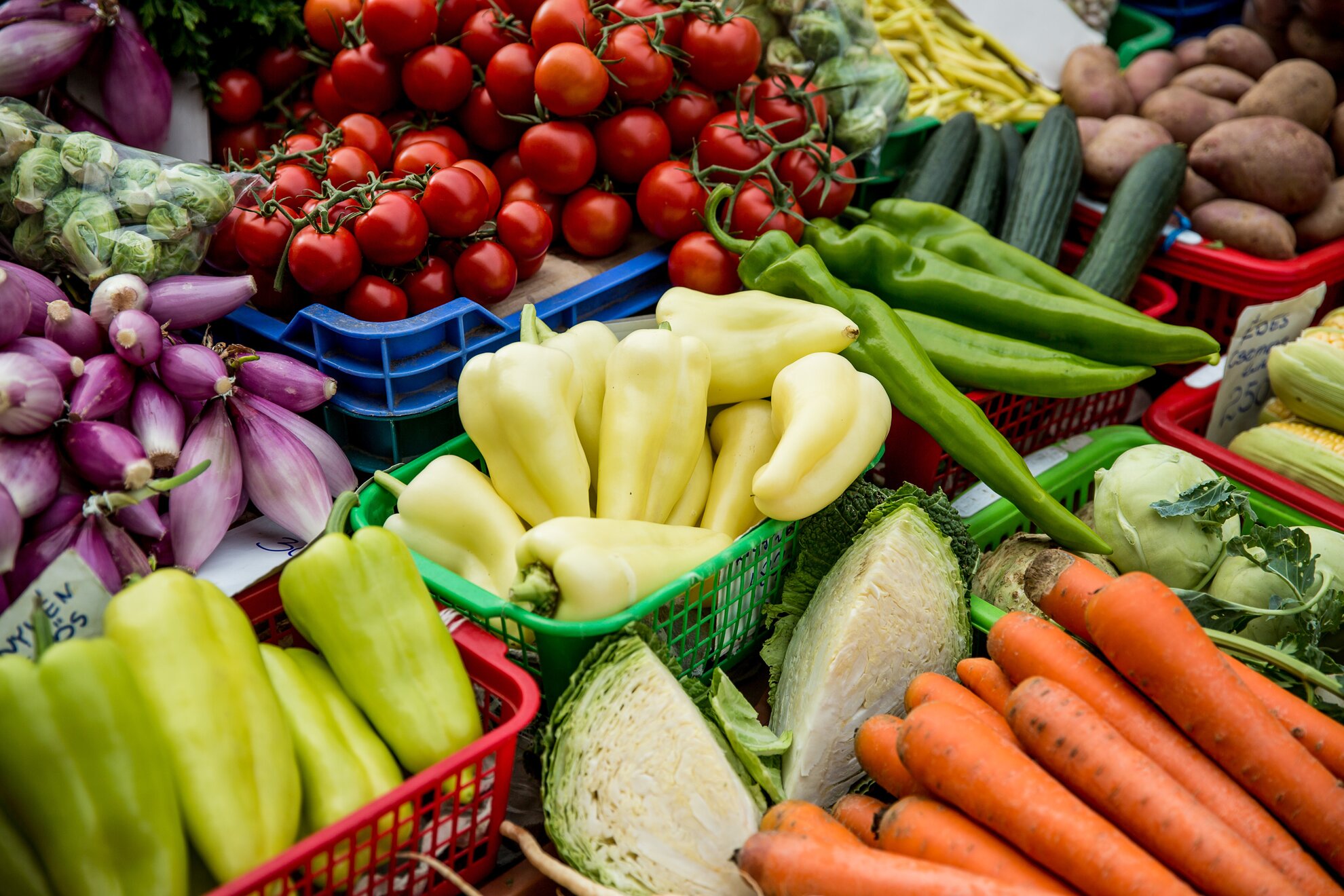
Your main cost will be your accommodation, as outlined in a previous article in our series. A room in a shared flat or house cost you something around €350-€400/month but be careful not to use too much gas or electricity as overheads will be rising this winter.
Savings and discounts
For saving money as an international student all year round, an Erasmus Life Budapest Card is a great idea. You can read more about it and sign up for it here.
For other monthly spending, public transport for students is 3,450 forints/€8.75 a month, as our article on getting around the city outlines. Gyms can cost as little as €17/month thanks to a 20% discount through Erasmus Life Budapest.
Food and clothes cost pretty much the same as in the West, with fewer discounts. Supermarket chains Spar, Tesco, Lidl and Aldi can be found everywhere. They usually sell household products, fresh vegetables, fruit and bread.
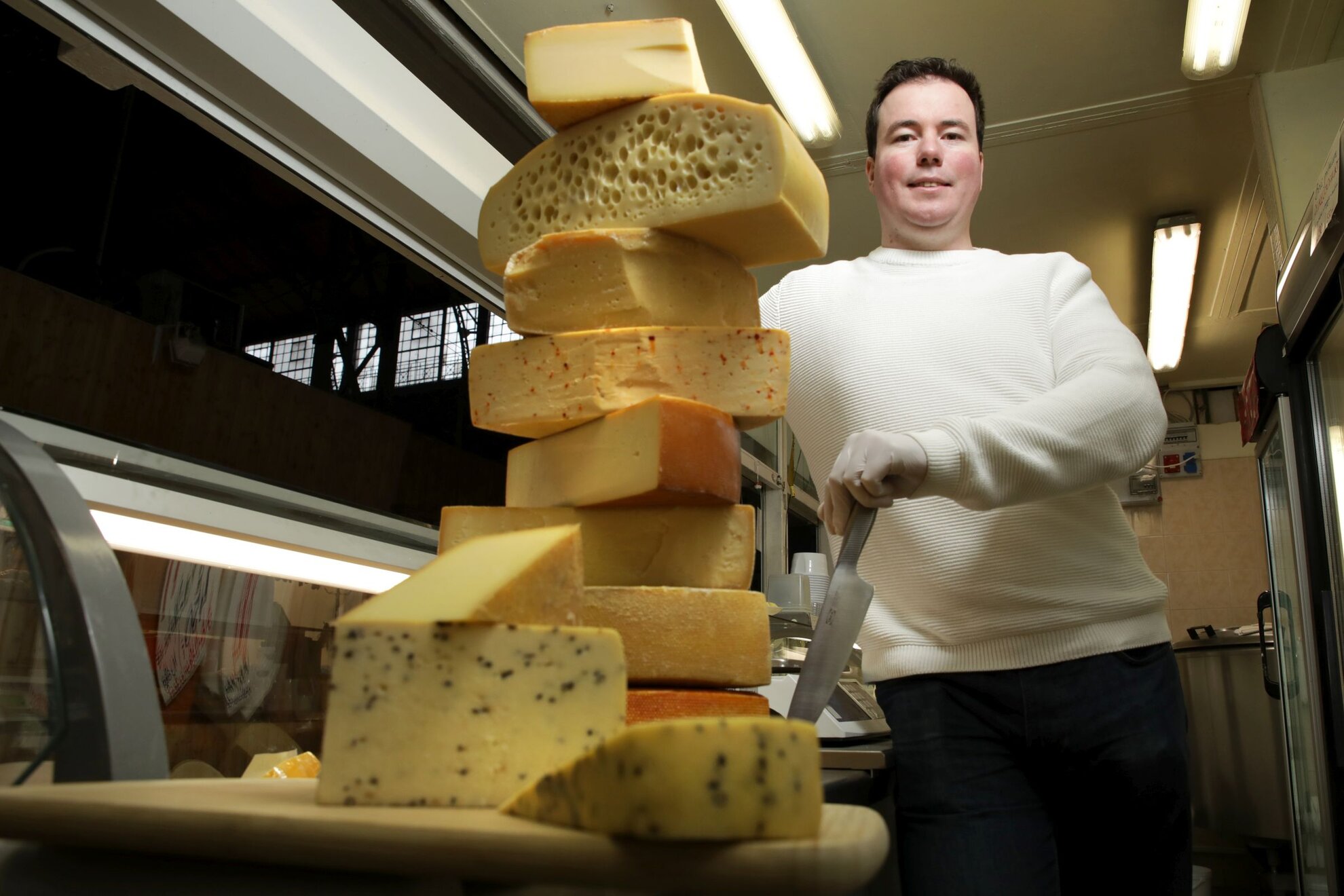
For around the same price, local produce is also sold at markets, such as ones on Klauzál tér, Rákóczi tér and Lehél tér. The Great Market Hall is also a tourist attraction.
If you’ve run out of something, 0-24 outlets such as Manna ABC, Roni ABC and other Mini Markets can be lifesavers but charge more than chain prices.
They are not allowed to sell cigarettes, these are found at the Nemzeti Dohánybolt, recognised by a round target sign outside, centrepieced by a bi letter T. In Hungary, medicines are sold at a chemist’s, gyógyszertár, run by trained pharmacists. Shampoos, shaving and sanitary products, creams etc, are stocked at chains such as DM, Rossmann and Müller.
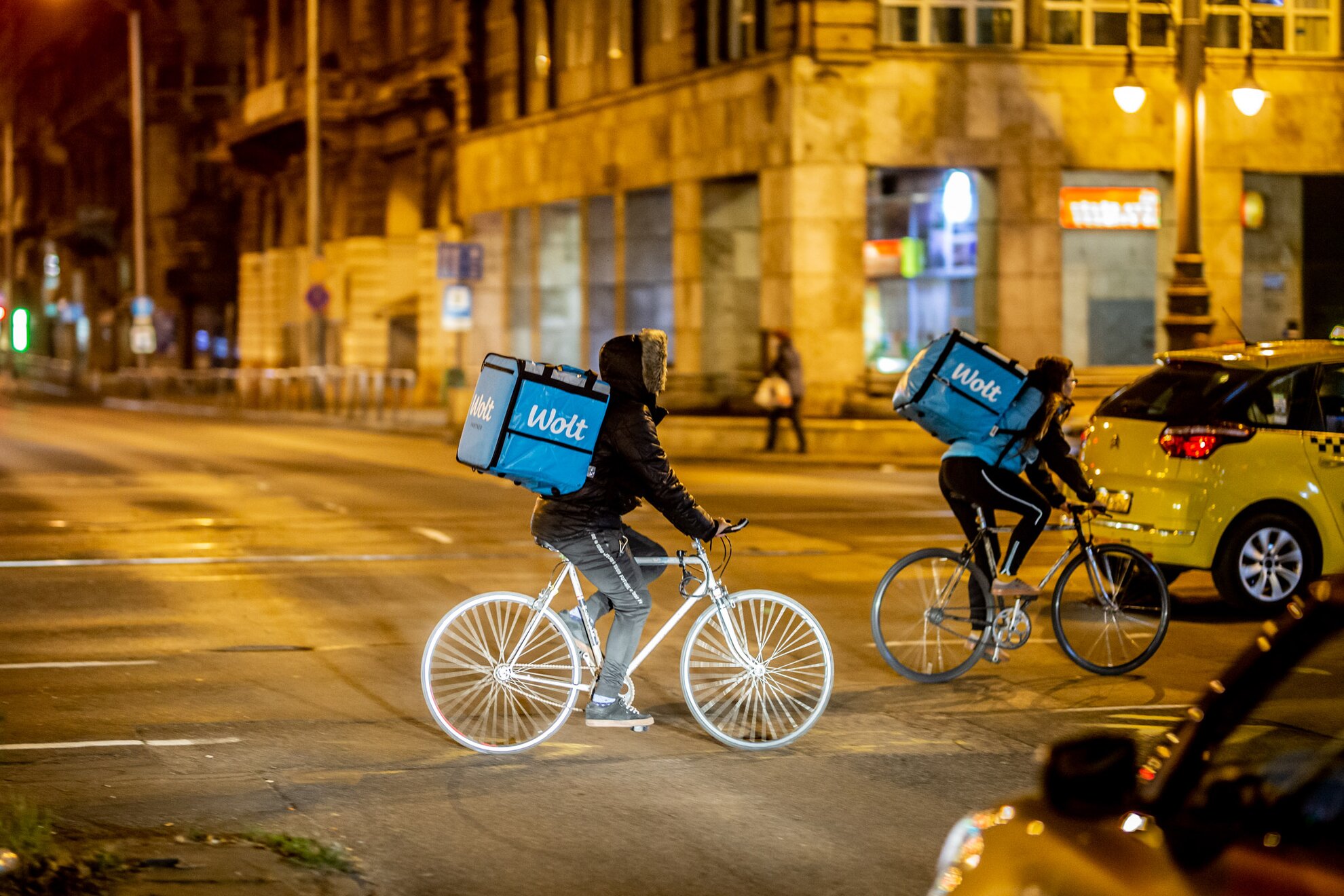
Street food is quite cheap, a kebab or slice of pizza is around €2-€3. A main dish in a local restaurant is around €5-€8. Food ordering and delivery works easily with the Wolt, Foodpanda and Bolt food apps, with delivery fees of around €1.50. An Erasmus Life Budapest Card gives you a 1,500 forint coupon for Wolt.
A large glass of beer at an average bar is €2 for a domestic brand, a long drink €4. Erasmus Life Budapest also arranges free parties every week, with cheap drinks and club nights, as well as boat parties and pub crawls.
Student admission to museums and exhibitions is affordable across the city. Free walking tours by Erasmus Life Budapest can be a good option when you first arrive.
